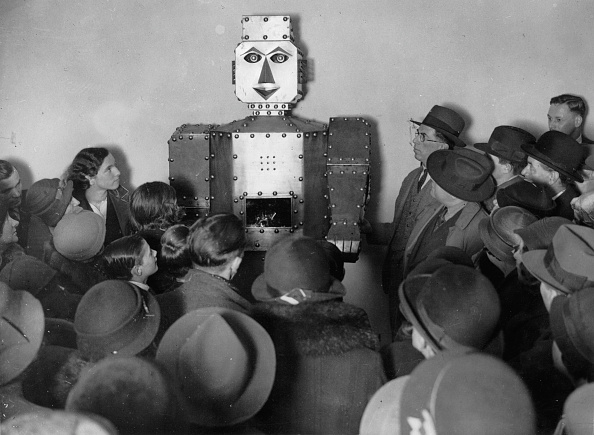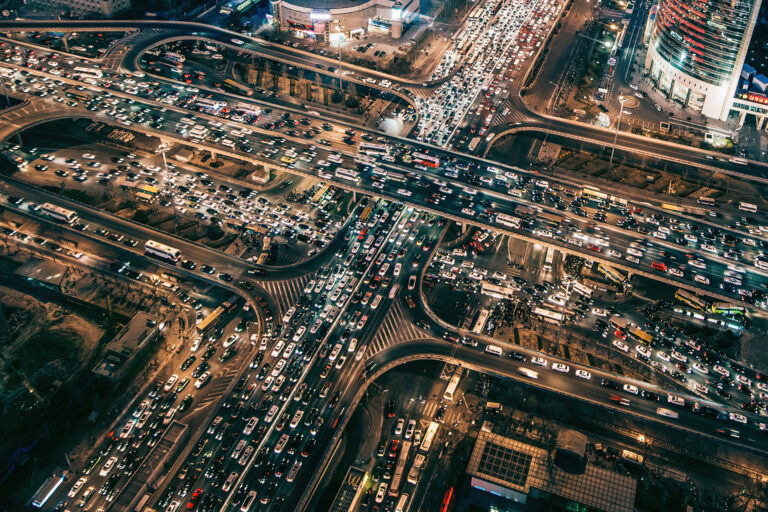We conduct investigations of political forms and rhetorics in order to shape democratic and planetary priorities for the coming generations.
It was assumed, not until long ago, that our commitment to democratic values made us all modern, and that liberal democracy was the only political form suited to the highest realization of human aspirations.
In fact, democracy was never simply a formal political institution or a system of elected government. It was a distinctively modern social imaginary: a voluntary contract between citizens in which justice—a world of freedom shared equally—was supposed to take precedence over mere peace.
But for better or worse, liberal democracy, in its very striving for growth and consolidation, has never ceased to morph into a system of unequal power, a system in which personhood (and increasingly, life itself) became the direct business of government. From there on, it was only a matter of time before human identity and difference were turned into arenas of strife over who controlled the modern political narrative and its origin story.
We believe that an honest reckoning with the past and a realistic reimagination of the future of democracy requires an investigation not only of its normative and desired forms but also its malignant discontents. In fact, there might be no regeneration of democracy unless we prepare ourselves to take a hard look at the implosive and explosive forms of anti-democracy that have become endemic in our time. Tragically, these implosions are often the work of those very participants who act in its name and at the same time benefit the most from its inequalities.
To fight for democracy—politically and intellectually—today thus requires us to not only investigate the deficiencies of the original social contract and constitutional compact but also probe the militaristic, populist, and racialized energies that its contemporary global fraying has taken. At the Institute, we conduct investigations of such political forms and rhetorics in order to shape democratic and planetary priorities for the coming generations.



